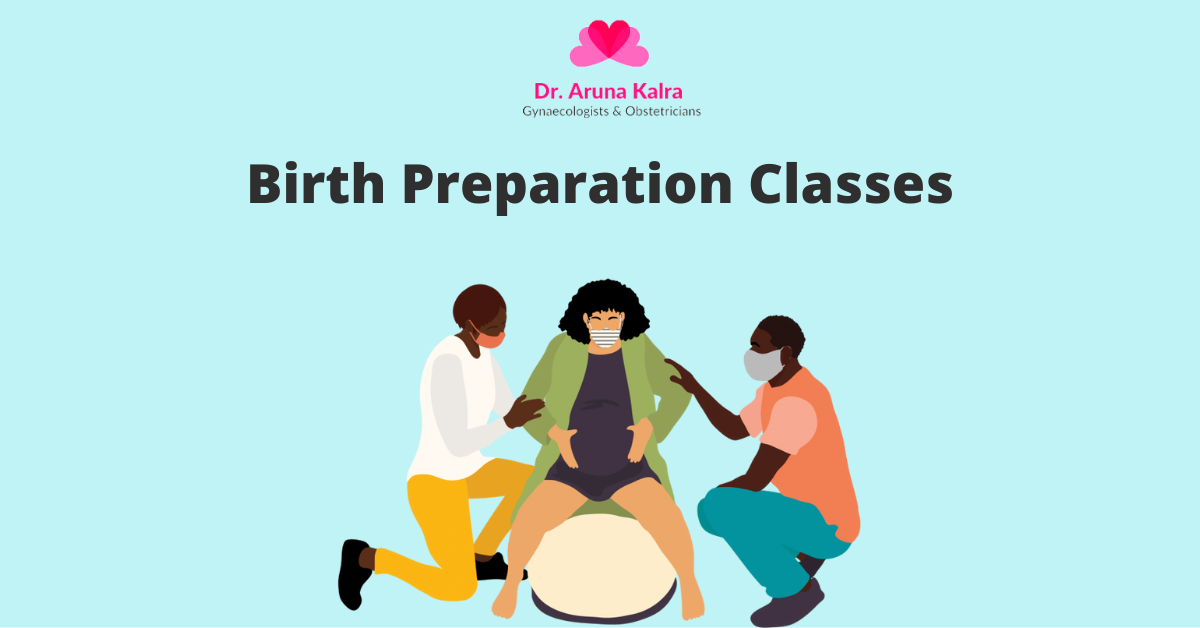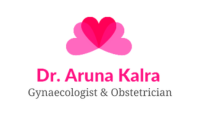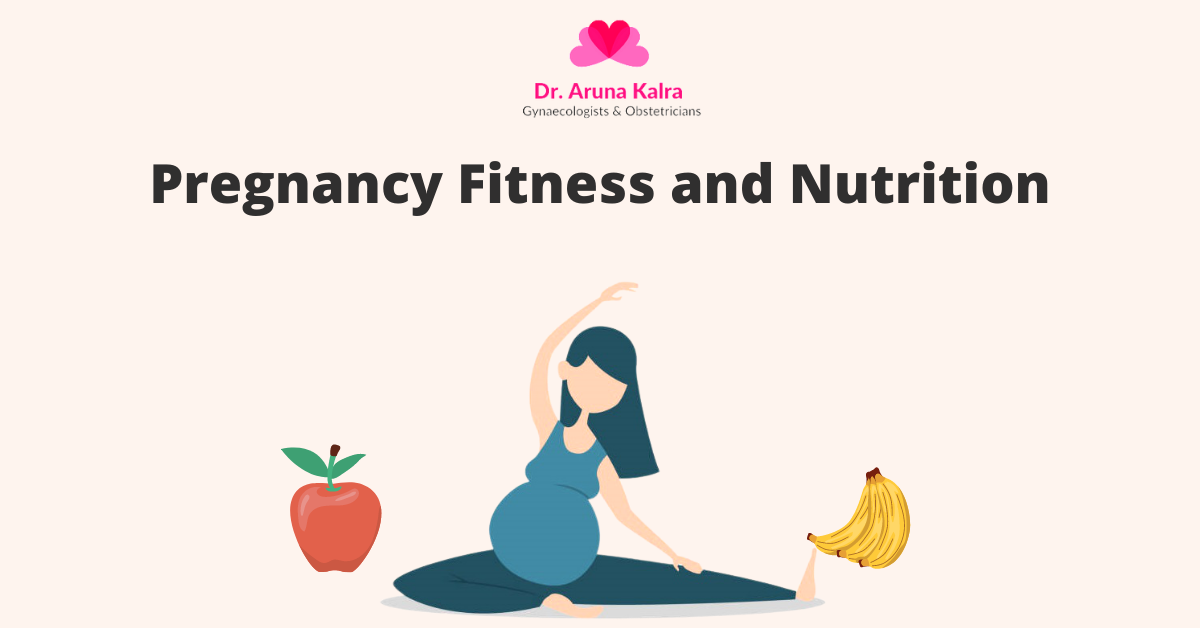
Birth Preparation Classes
Whether you are about to deliver your first child or fourth, childbirth preparation classes can help you prepare to meet the challenges of labor and delivery. Consider the opportunities:
- Learn things you never knew about labor, delivery and postpartum care. You’ll find out how to identify the signs of labor and what happens to your body as your baby makes his or her way into the world.
- Address your fears. During childbirth classes, you’ll have the chance to talk about your fears with others who probably share the same concerns. The instructor can dispel myths and help put your mind at ease. Research suggests that people who take childbirth classes know more about labor and delivery and are less likely to have psychological distress than those who didn’t go to classes.
- Connect with your partner or labor coach. Childbirth classes offer your partner or labor coach the chance to understand childbirth, too — as well as learn how to support you during labor.
- Discuss options for handling pain. You’ll practice methods such as breathing techniques, relaxation and visualization for coping with contractions. Most classes also cover the pros and cons of common medications, such as epidural blocks.
- Get the basics on medical interventions and possible complications. Find out how routine interventions can influence the course of labor.
- Check out the facility. You might tour the facility where you’ll give birth and find out about its policies and resources.
- Brush up on new born care. You’ll likely get a primer on new borns. Common topics include choosing a paediatrician, breast-feeding, diapering and bathing.
FAQs about Birth Preparation Classes
Q. Why should I take birth preparation classes?
A. Childbirth classes can give you confidence as you head for labor and delivery — whether you’re a first-time mom or a delivery room veteran.
Q. Are there different types of birth preparation classes?
A. Some childbirth classes cover specific types of births, such as C-section, vaginal birth after C-section (VBAC) and multiple births. Refresher courses are available for parents who simply want to review the basics. Other classes focus on specific methods of childbirth. For example:
- Lamaze. The goal of Lamaze is to increase confidence in your ability to give birth. Lamaze classes help you understand how to cope with pain in ways that both facilitate labor and promote comfort — including focused breathing and massage.
- Bradley. The Bradley method emphasizes birth as a natural process. You’re taught to manage labor through relaxation techniques and the support of your partner or labor coach.
Many other classes include elements from a number of methods. In addition, you might find classes on other approaches to childbirth, such as hypnobirthing — which incorporates self-hypnosis and deep relaxation.
Q. What is the best way to find a class?
A. Childbirth classes are offered at most hospitals and birthing centres. Some classes are available online or in DVD format.
Ask your health care provider about classes available in your area. You might also check with parents who’ve recently had babies.
Q. What should I look for in a class?
A. Look for a class taught by a certified childbirth educator. Childbirth classes should be small — with no more than 8 to 10 couples — to facilitate discussion and allow personalized instruction. Be sure to ask about the cost, location and schedule.
Q. When should I take the class?
A. Childbirth classes are often recommended in the last trimester of pregnancy — but any time before you go into labor would be helpful. You can take classes earlier in pregnancy if you feel that you need more time to build your confidence and knowledge.
Often a series of classes is offered over a period of weeks during the last trimester. The earlier you register, the more options and flexibility you’ll have regarding class dates and times. And, in some areas, it’s important to register early because classes fill up quickly.
Q. What is my healthcare provider’s role?
A. Your health care provider is there to help ensure your health and your baby’s health during pregnancy and delivery. Your health care provider will also provide educational materials and instructions throughout the course of your pregnancy. Ask questions and share any concerns you may have about your delivery.


